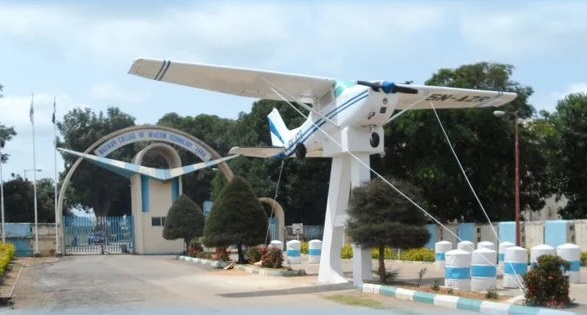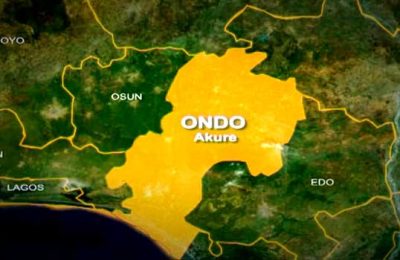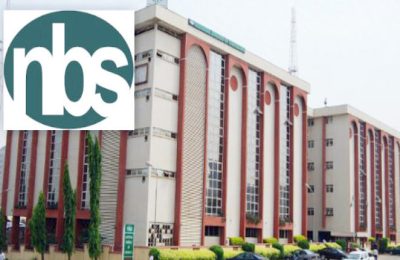

TO save the airline operators from the incessant hike in price of aviation fuel, a onetime rector of the Nigerian Aviation College (NCAT), Zaria, Mr Samuel Caulcrick, has called on the federal government to consider the idea of buying off the product from the fuel marketers and in return sell at subsidised rate to the airlines.
Through this arrangement, Caulcrick said the government will not only help cushion the pressure on the operators, but generate funds for government through the regular charges the airlines pay while operating unhindered by the challenges of expensive fuel.
“Definitely with this, the government would make its money back because if they don’t fly, the government cannot make money. For every hour the airlines fly, the government gets some money too, which would have been zero if they don’t fly. So, the government has to be very flexible.”

The former rector used the opportunity to emphasise the benefits of having an aircraft maintenance facility otherwise known as Maintenance Repairs and Overhaul (MRO) in Nigeria.
Caulcrick, who said each period an airline carries out maintenance check on its aircraft that it generates extra money to the coffers of the government of the country the maintenance is done, cited how the Nigerian airlines help build the economy of foreign countries where such aircraft are ferried to for maintenance.
“Now, we take the business of the MRO to foreign countries. It means we are creating business for those countries when we were the one that created the business. So, it is better to let it stay within the Nigeria’s economy. Also, MRO supports the naira in the pockets of everyone of us. Once the aircraft is taken out, the cost of labour would be also paid by the airline.

“Instead of the airlines to save what it earn in Nigeria, the airlines go to the foreign exchange market and start looking for dollars. The manpower too is no longer local and the airlines go to the foreign exchange market, looking for dollars, thereby further putting additional pressure on naira. This affects our economy and the Nigerian market.”

Describing MRO policy as a regulated environment, the former rector therefore said this makes the rules guiding aircraft maintenance to be universal even if it is done in America, UK, France and Nigeria.
“The way they will do it in Washington, UK, France, Accra and others, it is the same way they will do it here because in aviation, we do everything according to the books. Each regulatory body must supervise that maintenance. So, when it comes to quality, it doesn’t matter where that maintenance is carried out, it would be according to what the manufacturer and ICAO stipulate.
Looking at the projected annual loss suffered by Nigeria to foreign countries through aircraft maintenance, the former rector having such a facility in the country will encourage the domestic airlines to engage local labour to achieve the same goal, which is subsequently good for the economy in terms of tax revenues.
The presence of the facility in Nigeria will also save the airlines additional cost they pay in dollars for fuel to ferry the aircraft to and fro the country where the maintenance take place.
“What Nigeria would gain is the cost of labour, tax and local maintenance. What Nigeria is losing are taxes that are being paid to foreign countries instead to Nigeria and the money that you are going to change into dollar from naira.”









